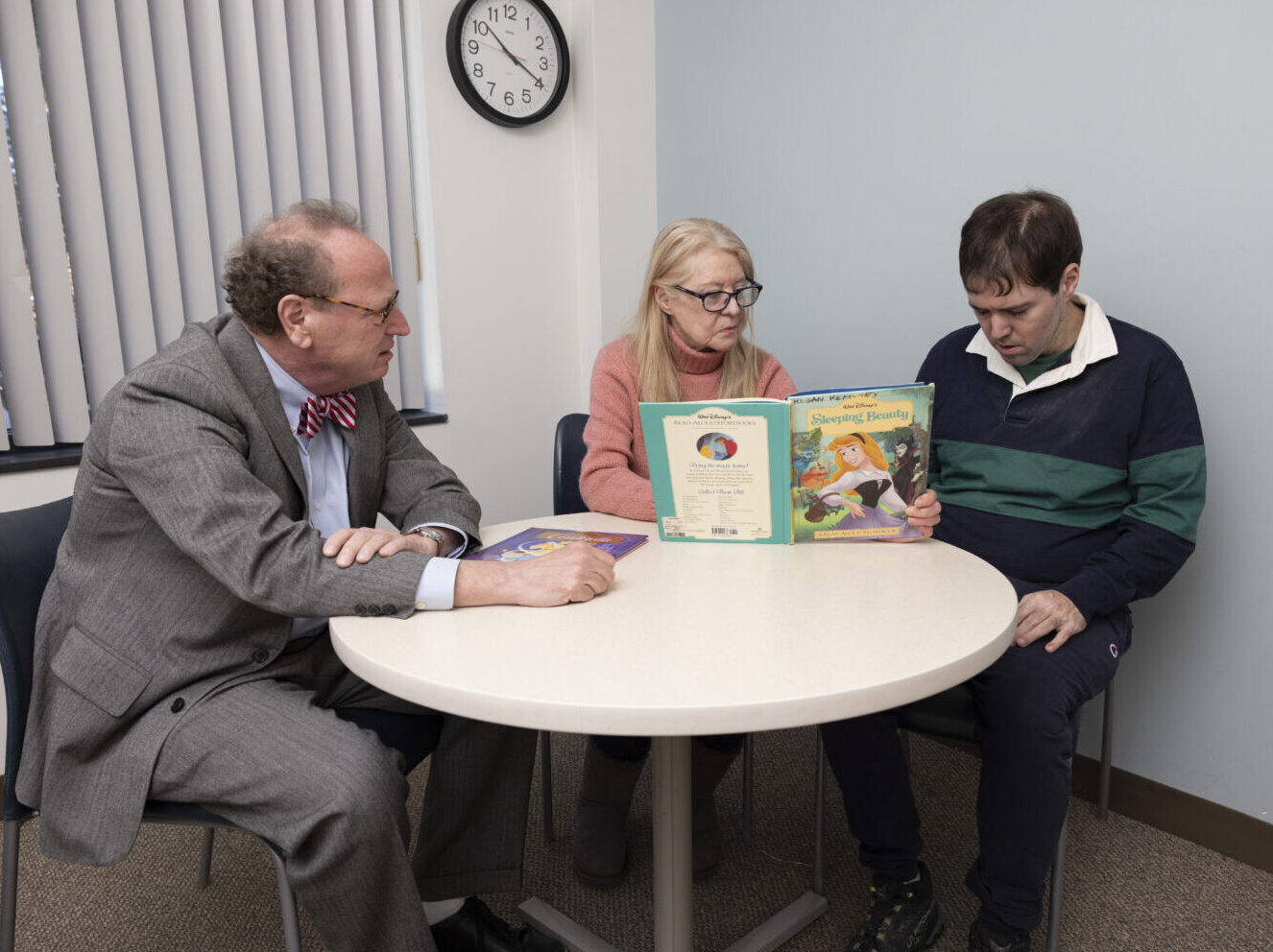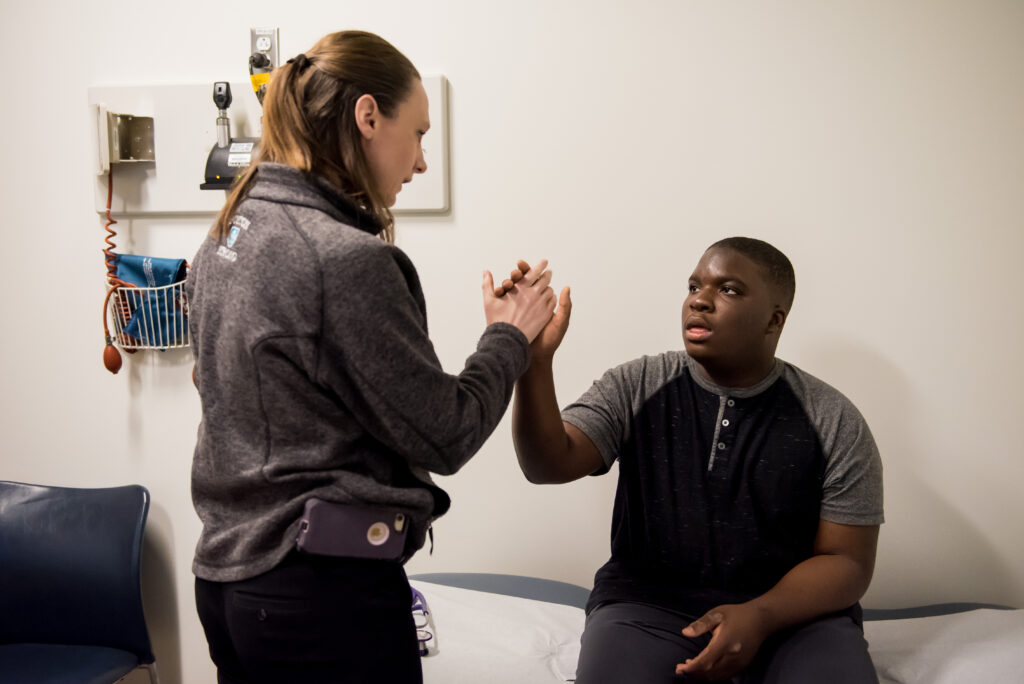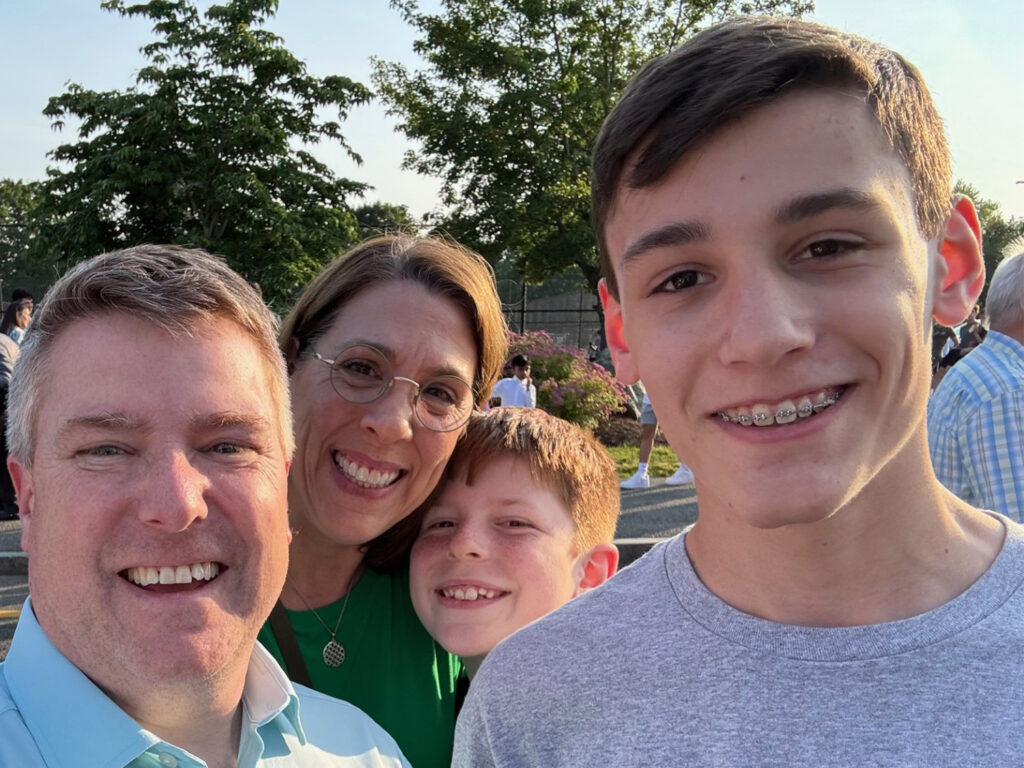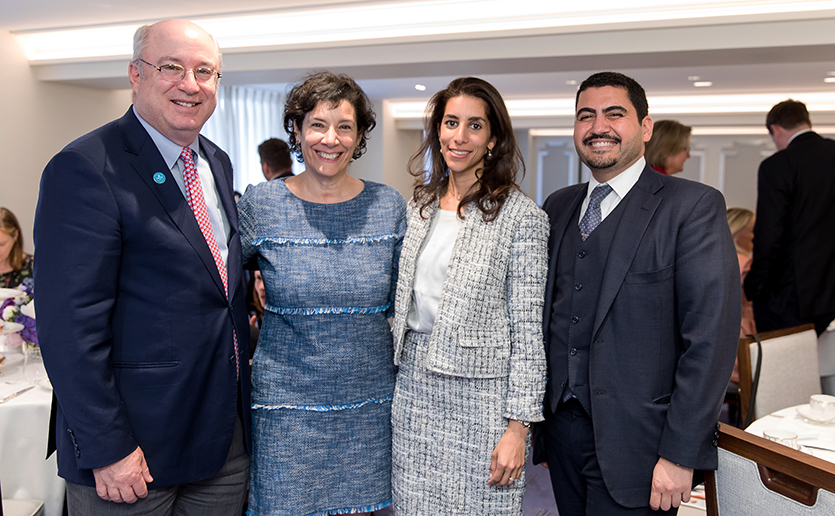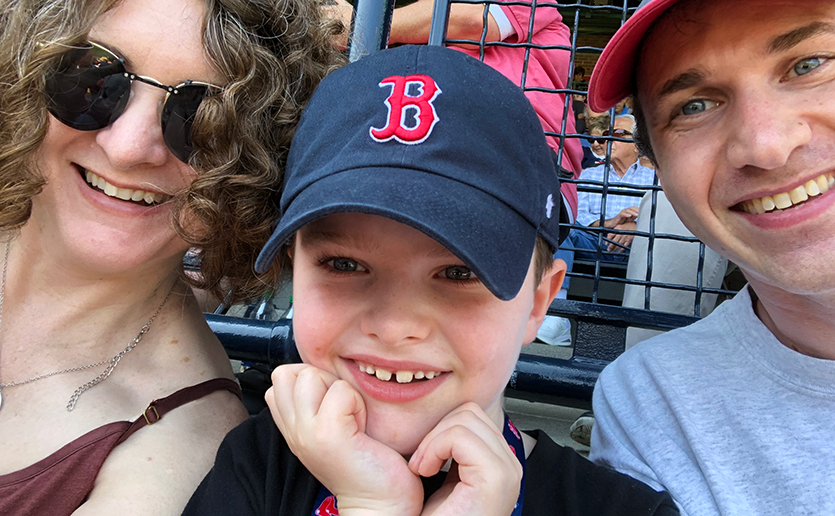Autism spectrum disorder (ASD) is a lifelong condition — but, until recently, the bulk of the research on ASD has centered primarily on children and young adults. This narrow focus is not totally surprising. As a medical diagnosis, autism is still something of a new kid on the block; the first formal diagnosis occurred in 1943, and the person who received that diagnosis, Donald Triplett of Mississippi, only recently passed away in 2023 at the age of 89. The truth is that most healthcare providers haven’t yet encountered an older patient with ASD — but, very soon, they certainly will.
The Centers for Disease Control and Prevention estimate there are more than 5 million adults with ASD living in the U.S., and that number is growing. Evidence also suggests that adults with ASD are at increased risk of age-related medical conditions, such as dementia and heart disease — and yet, there is a general lack of understanding, services and coordinated care focused on the intersection of aging and ASD, especially its impacts after the age of 50.
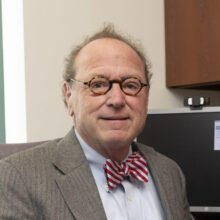
“The world wasn’t ready for autistic children to become adults, and we certainly aren’t ready for them to get old,” says Christopher McDougle, MD, the Nancy Lurie Marks Professor in the Field of Autism at Harvard Medical School and director of the Lurie Center for Autism at Massachusetts General Hospital. “We have work to do.”
Closing the Gap
Since 2009, the Lurie Center has been a world leader in combining comprehensive clinical care and cross-disciplinary research to establish best practices for ASD treatment across the lifespan. Now, in an effort to close that knowledge gap, adapt to the needs of the aging population of ASD patients and educate the broader healthcare community, the Lurie Center is launching an extensive effort to identify the unique health challenges facing older adults with ASD.
“This generation has an opportunity and a responsibility to address aging in autism — to develop the practitioners with the expertise to deal with the variety of issues autistic individuals face as they age along with their families, caregivers and community living providers. We need practitioners with vision and knowledge of what healthy aging can be in ASD, which factors need be addressed earlier in life to help these individuals maintain good health and well-being later in life and who understand what challenges exist in aging on the spectrum as they intersect with the overall challenges of aging and how they can be positively met,” says Cathy Lurie, president of the Nancy Lurie Marks Family Foundation, which established the Lurie Center for Autism at Mass General in 2009. “This is the beginning of a longer journey, a longer commitment.”
Aging Well With Autism
To uncover what it means to age well with ASD, the Lurie Center is turning to its own community. According to a recent survey, more than half of the Lurie Center’s 4,000 patients are over age 18; however, less than 1% of its patients are over age 50. When it comes to studying aging, this might be an advantage, says Dr. McDougle.
“Our patients age one day at a time,” he says. “And, unlike other care programs aimed at people with autism, our patients don’t age out. That’s an incredible resource to tap into.”

To engage with patients and their families on the topic of aging, the team began by gathering focus groups and listening to their concerns. For participant Nancy Kearney, just being able to share her worries about what the future holds for her 34-year-old autistic son, Regan, felt like progress.
“Thinking about the future feels like quicksand,” says Kearney. “The Lurie Center has always been a beacon of light for me, and I feel better knowing they’re focused on this.”
In parallel with the focus groups, the Lurie Center’s clinical team is developing a detailed questionnaire to track how patients aged 35 and older are aging. The questionnaire, which participants will be asked to revisit on an annual basis, is designed to track everything from health issues, such as cognition and medications, to living situations and transportation methods. The collected responses will allow the Lurie Center to track patient trajectories over time and will eventually become the basis for a broad, longitudinal study.
“This will give us the best sense of what we need to be focusing on, and when,” Dr. McDougle says.
Intersectional Power
While the clinical team is learning what it can from inside the community, Lurie Center Scientific Director Jacob Hooker, PhD, is looking outside.
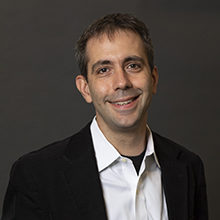
“We need to be looking hard at intersectionality,” Dr. Hooker says. “We’re not just studying autism — we’re studying anxiety, immunological function and cancer, but in people with autism. So, in that sense, I can leverage all of medicine in the service of our work.”
Take the link between heart disease and ASD, for example. People who don’t sleep well are at increased risk of heart disease. People with ASD often have trouble sleeping. Researchers at the Lurie Center wonder, is trouble sleeping what’s really driving heart disease in people with ASD?
“We need to connect the dots with data in order to determine the intervention,” Dr. Hooker says.
To promote intersectionality, Dr. Hooker and his team set up the Autism Research Core within the Lurie Center. The Autism Research Core provides a suite of services including neuropsychological assessment, clinical research implementation, sample collection and processing and more — all designed to make it easier for researchers in other disciplines to link their work to autism.
In addition, the team has established a research registry — where patients and family members can express interest in participating in studies — and set up a collaboration with the Mass General Brigham Biobank to collect blood and cell samples and make them available for research now and in the future.
“By establishing this fundamental infrastructure, we’re positioning ourselves to answer questions that, without this investment in data collection, would be unanswerable,” Dr. Hooker says. And although its focus is long-term, he is confident this extensive work will soon start paying dividends by identifying gaps in care and in disease prevention for people aging with ASD.
“It all boils down to health equity,” says Dr. Hooker. “We’re looking for the places where care may have to be different, where we have to make adjustments, to ensure everyone gets the best healthcare possible.”
For more information on how to support the Lurie Center for Autism, please contact us.
